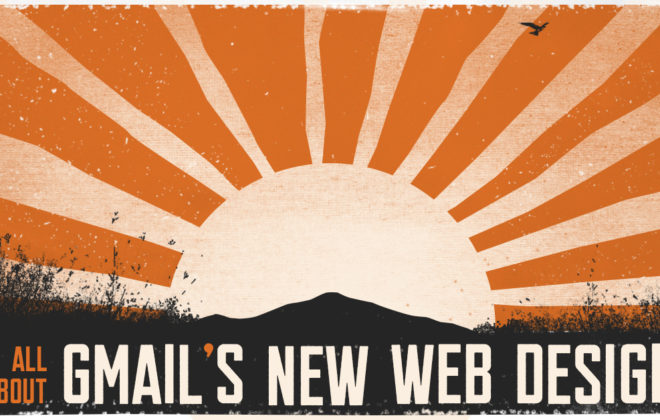(The Unstoppable) March of the Penguins
For many in the SEO world, the upcoming Penguin update is approaching with certain sense of dread and foreboding. After all, head of search spam for Google Matt Cutts has warned that “you don’t want the next Penguin update,” and that many of the next updates would be “jarring and jolting” for those who have to play in the system. Hardly words of comfort.
So yes, there is cause for some alarm. But ultimately, Penguin should end up being more of a positive change than negative. It’s all part of Google’s effort to bring SEO back from esoteric tricks and manipulation of technology, and focus it more on how people actually experience and share an experience or product.
The goal here is to more directly tie results into the social media sites that have more and more come to dominate our lives. Those sites and brands that take a more proactive approach in engaging the public via these means are going to become more and more rewarded for doing so. In fact, Cutts postulates that he could see the social aspect becoming a bigger signal than site optimization in the long term.
What this means for webmasters is the need for a new approach for SEO. Cutts is quick to point out that Google doesn’t hate SEO, when the goal is websites that are easier and faster to crawl. Ultimately, this process is meant to drive down sites that “spam” Google, or an adjustment to stop rewarding those sites that go overboard buying links, spamming comment pages, or keyword stuffing.
Ultimately, ad heavy sites that are difficult for consumer navigate are going to suffer the most, especially those that place too much of it above the fold. These sites have already felt the pain from Panda, and Penguin is only going to increase the pressure to change.
Original content will become more important, especially content that produces a large response from visits, whether that response is a digg, share, like, +1, or whatever indicator may come next in the social arena. Google has always been about providing not only the most relevant results, but those that provide the most quality to the consumer.
At the end of the day, Penguin is not “killing” SEO, nor is it meant to. But just as in nature, SEO practices will have to evolve to survive in a new habitat. Personalization is the direction Google intends to take it, and as always, it’s up to the rest of us to keep along.
Chase
Recent Posts
Recent Comments
- Shannon Thammasiene on How to Create a Successful Blog
- Sarah on How to Create a Successful Blog
- How to Create a Successful Blog on 5 Free Keyword Research Tools that will Rock your Socks
- Olivier Hamphrey on This Week In Social Media
- Richard Dickerson on Use Email to Sell without Selling


